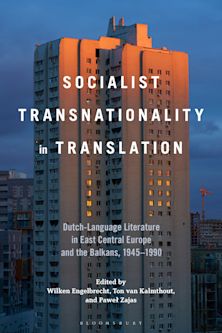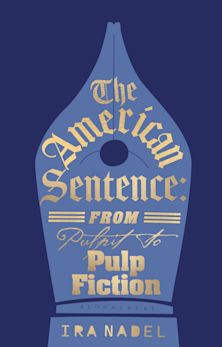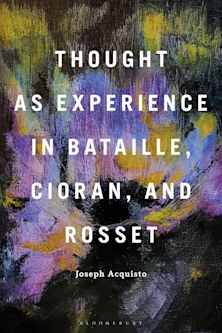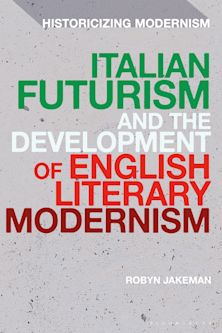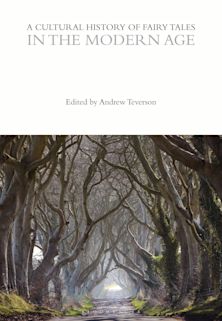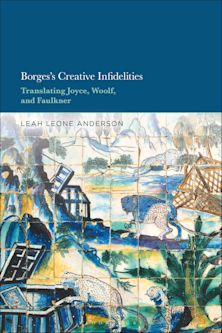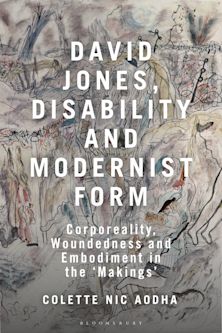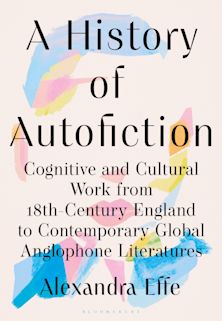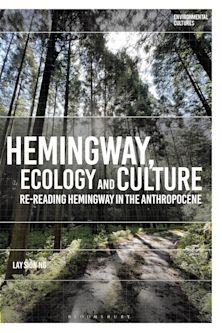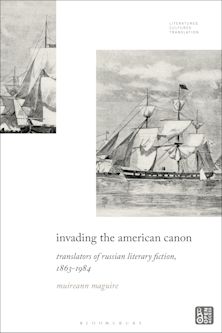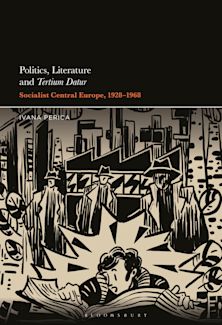Description
Given Wharton's broad education in European languages and cultures, the absence of a full-length study of the influence of German thinking and aesthetics on her creative work has long been a considerable gap in the field of Wharton studies.
Maria Novella Mercuri offers a close analysis of Wharton's engagement with German literature and philosophy. Each chapter centers on one main novel or theme recurring in a group of works including poetry, plays and short fiction, as well as posthumously published autobiographical work. Wharton's body of work is analyzed in relation to German authors such as Wolfgang Goethe, Friedrich Schiller, Johann Gottfried Herder, Friedrich de La Motte Fouqué, Theodor Fontane, Clara Viebig, Thomas Mann, Heinrich Sudermann, and Gottfried Keller. Mercuri also draws attention to the impact on Wharton of the philosophy of Arthur Schopenhauer and Friedrich Nietzsche and to the pervasive influence of Goethe's thought about history, ethics and aesthetics that is evident in her work.
Table of Contents
Introduction
1. Wharton's Creative Affinity with German Culture
2. A Philosophical Romance: TheValley of Decision (1902)
3. Naturalism Tempered: The House of Mirth (1905)
4. Solitude and society in The Fruit of the Tree(1907)
5. Nietzschean influence in Wharton's life and work (1906-1920)
6. “Blond Beasts” in The Custom of the Country(1913)
7. A Bildungsroman of “Old New York”: The Age of Innocence(1920)
8. Renunciation and Elective Affinities in the Novels of 'new 'New York
9. Genius and Artistic Inspiration in A Son at the Front (1923), Hudson River Bracketed (1929) and The Gods Arrive (1933)
10. Before the War, and After
Conclusion
Bibliography
Product details

| Published | 22 Jan 2026 |
|---|---|
| Format | Ebook (PDF) |
| Edition | 1st |
| Extent | 256 |
| ISBN | 9798216254164 |
| Imprint | Bloomsbury Academic |
| Publisher | Bloomsbury Publishing |
Reviews

ONLINE RESOURCES
Bloomsbury Collections
This book is available on Bloomsbury Collections where your library has access.













